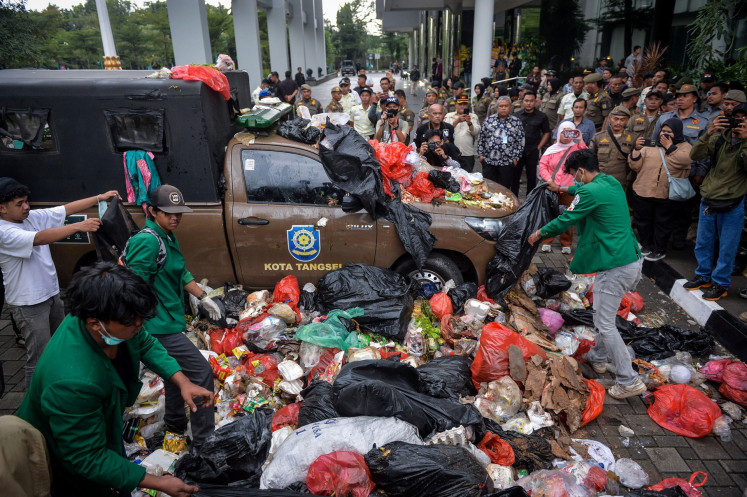Popular Reads
Top Results
Can't find what you're looking for?
View all search resultsPopular Reads
Top Results
Can't find what you're looking for?
View all search resultsTwelve questions for philanthropists
In this season of giving, donors should ask themselves twelve key questions when considering how, where and why to give.
Change text size
Gift Premium Articles
to Anyone
A
t this time of year, many people pause to reflect on the true meaning of philanthropy, asking themselves: What is the best way to give? To whom should I give? And, perhaps most importantly, why should I give?
Fifteen years ago, I published Dead Aid: Why Aid Is Not Working and How There Is a Better Way for Africa. I argued that government-to-government aid, rather than fueling economic growth, inadvertently harms the very countries it is meant to help. Since then, philanthropists have often sought my advice about their desire to grapple with seemingly intractable challenges, such as extreme poverty or climate change.
In this season of giving, donors should ask themselves twelve key questions when considering how, where, and why to give.
The first question is relatively straightforward: What motivates you? Are you looking to spread joy – for example, by supporting the arts – or alleviate suffering by aiding communities affected by war or natural disasters? Both approaches are vital and commendable.
Second, how can you use your time and financial resources effectively? In a world of competing needs, it’s not just how much we give but how we do it that ultimately determines our ability to effect positive change. For example, consider a philanthropist with $100 million to donate. While allocating the entire amount to improving education could result in better-resourced schools, students might still struggle to attend due to poor health, inadequate transportation, or malnutrition.
Recognizing this, the philanthropist might choose to divide the $100 million among initiatives supporting education, health, food and transportation. Yet splitting the funds equally, allocating $25 million to each cause, will inevitably dilute the impact. Such an approach might be enough to prevent conditions from getting worse, but it is unlikely to drive transformative change.
The third question to consider is whether to delegate decision-making to an established organization or create your own philanthropic foundation. Both strategies come with tradeoffs. Delegating enables you to harness the skills and expertise of teams with proven track records, but there is always a risk that the organization you support will fail to achieve its goals – or worse, exacerbate the problem.



















